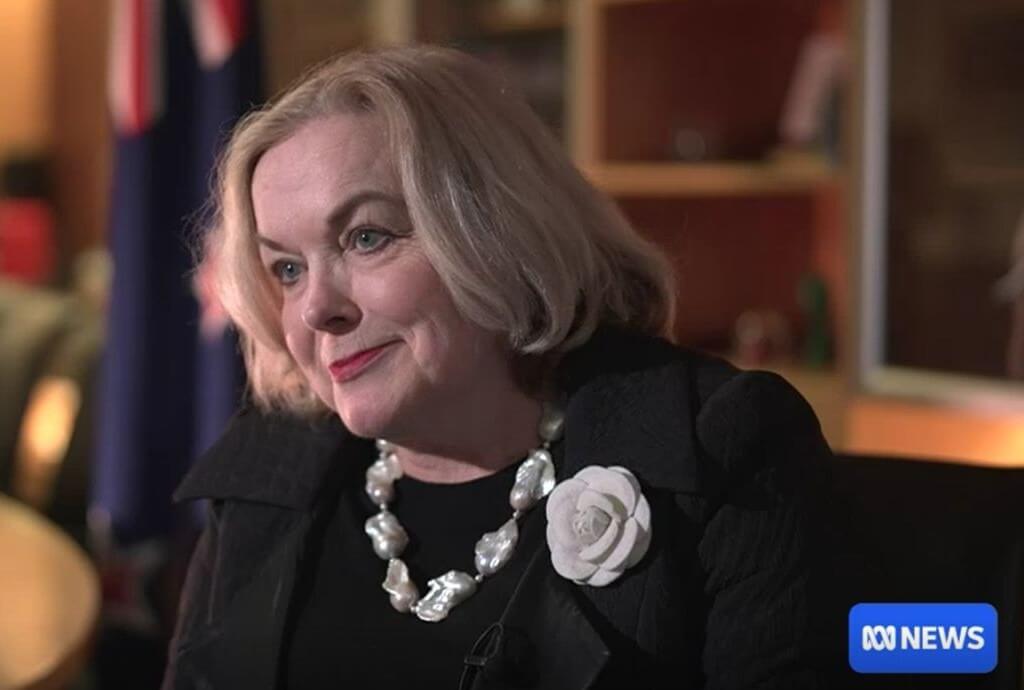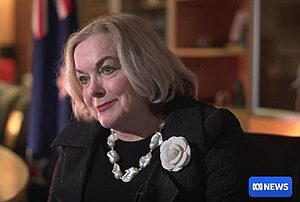The Public Service Commissioner Peter Hughes released a review in December of 2022 relating to contracts worth more than $230,000 with businesses owned by relatives of Labour Minister Nanaia Mahuta. The review found a number of flaws in how the contracts, from 2020 and 2021, were awarded.
The two businesses are Ka Awatea Services, owned by Mahuta’s husband Gannin Ormsby, and Kawai Catalyst, owned by Ormsby’s nephew and his wife, Tamoko and Waimirirangi Ormsby. The departments involved are Kāinga Ora, the Ministry for the Environment, the Department of Conservation, and the Ministry of Māori Development.
The review focused on how departments identified and managed any conflicts of interest, but the actions of Mahuta and her relatives – the directors of the consultancies – were outside Hughes’ jurisdiction and therefore not examined.
Perceived conflicts and poor management
Overall, the review stated there was “No evidence of favouritism, bias, or undue influence over agency decisions” that resulted in actual conflicts of interest. However, there was ample evidence to demonstrate several perceived conflicts of interest with three of the departments and “poor” contract management with the Department of Conservation.
In part, the review found three contracts were awarded through direct sourcing without proper justification. In two instances, work was “well underway” before contracts were even signed. In the case of the Department of Conservation, work was abandoned, but not formally completed due to weak oversight and what may have been a lack of understanding of management and procurement practices. And, in the case of Kāinga Ora, staff failed to follow the basic requirement of asking about conflicts of interest during the contracting process.
The review blamed COVID related staff disruptions and the 2020 general election as a reason why departments “fell short of the high standards rightly expected of public service agencies”. It also blamed “tight timelines” as an excuse for why proper policies and rules weren’t followed. In at least one instance, however, the timelines were self imposed.
No evidence of wrongdoing and no vindication either
The review asks how the public could feel confident that money had not been awarded as a result of “ulterior motives, such as loyalty, favouritism, or prejudice?”
It stresses that poorly managed perceived conflicts of interest can be just as damaging to public trust and confidence as actual conflicts of interest.
Mahuta, who has said previously she declared all conflicts of interest and had welcomed the report, now says a line has been drawn under all the issues raised about her.
However, there are still questions about two other appointments involving Mahuta’s relations. The Minister’s sister, Tipa Mahuta, was appointed to the chair of the Māori Advisory Group of Taumata Arowai by Kelvin Davis and with whom Mahuta regularly works with regarding 3 Waters.
In that instance, Mahuta had temporarily transferred her portfolio of Minister for Local Government to fellow Māori caucus member Kelvin Davis. It was Davis who carried out the appointment of Tipa Mahuta, before the portfolio was transferred back to Mahuta about a month later.
The other appointment was the aforementioned Waimirirangi Ormsby, who was previously appointed to the He Puapua Working Group in 2019 when Mahuta was Minister of Māori Development. She declared the conflict, but had said it wasn’t a significant connection.
“Extraordinary pattern”
National MP Simeon Brown said the review raised many concerns with the operation of the public service. Previously ACT and National labeled the pattern of contracts awarded to Mahuta’s relations as “extraordinary”.
Following earlier reports of the pattern of contracts that would become subject of review, Mahuta said there was no difference between her and a number of politicians that had well placed family members. At the time Mahuta said “There is so much talent in my whanau… our world is a very small one. New Zealand is only two degrees of separation in terms of the relations to others. For Māoridom, it is one degree of separation.”
Mahuta has also previously said she doesn’t keep a track of relatives involved in local government or who are engaged with government agencies.



















